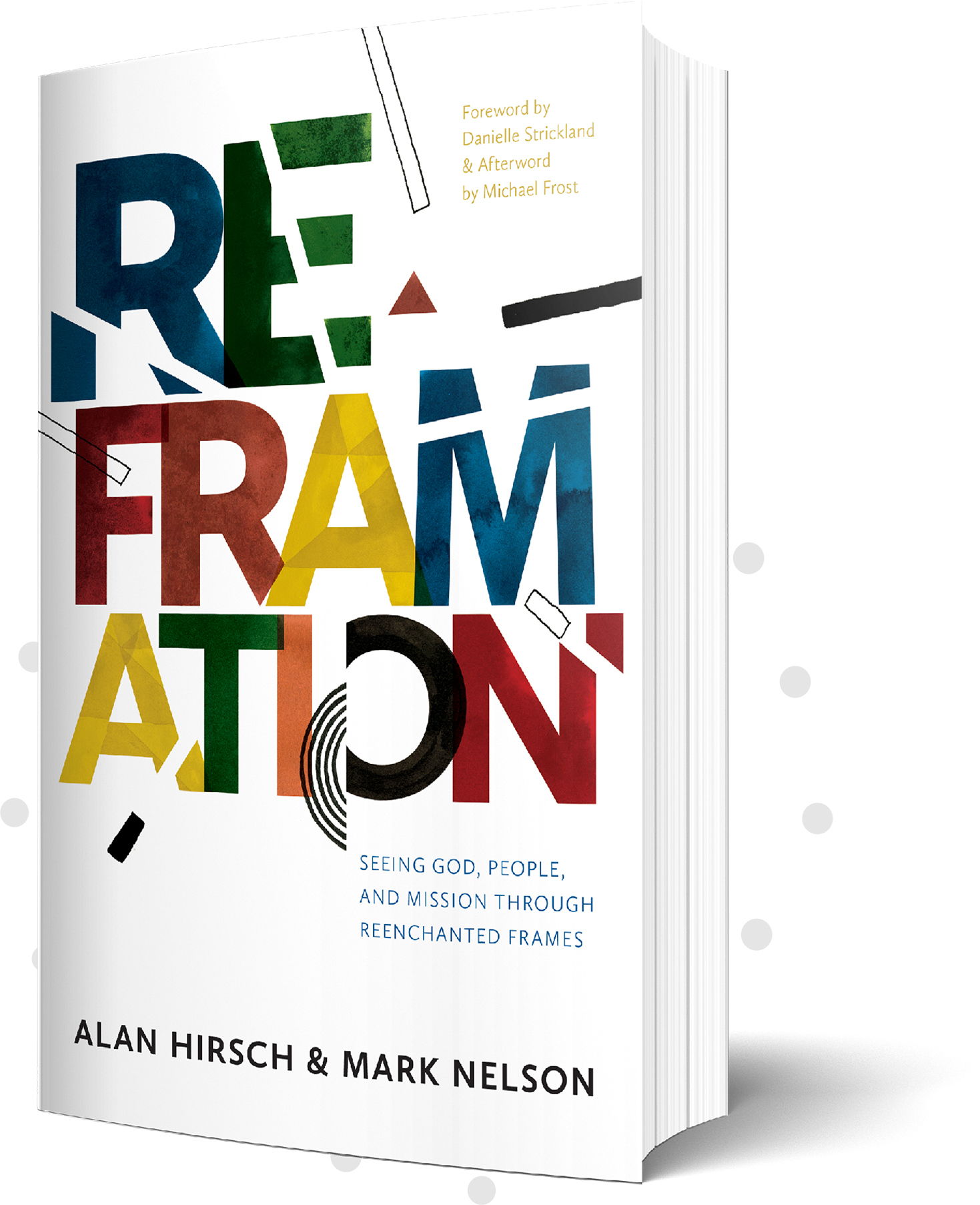We in the West believe that we have fully captured, categorized, and communicated the gospel. But our analytical framework leaves out key ingredients of the good news, including mystery, wonder, and astonishment.
The authors contrast three major perspectives in understanding the Good News. In the Western "frame," we see the gospel in terms of guilt and innocence. Thus our explanations of the gospel center around legal terms and personal accountability. Jesus takes our guilt and proclaims us innocent.
In the Eastern "frame," the good news is seen in terms of honor and shame. We can't share another person's guilt, but we can share their shame. For example, a child could be ashamed of a parent's crimes, and be damaged by that shame. Jesus also frees us from shame and restores our honor.
The authors find that in South America and Africa, there is a third perspective of the gospel. In this "Southern frame," cultures are wrapped up in the tension between the powerful and powerless. Those with this life perspective often need to move from bondage to freedom. Jesus can bring us more freedom than any army or emperor.
If we see the gospel through only one point of view, our gospel is too small. We need to stop reducing the Good News to points that matter most to us. It includes all of the above. Jesus' life, death, and resurrection bring us freedom from guilt, restoration of honor, and freedom from wicked power.
Further, this book calls us to a fresh, growing sense of awe and wonder in the presence of God. Our imaginations can be inspired by the Spirit and lead us to greater depths of love for the Lord.
I heartily endorse this book and thank Hirsch and Nelson for collaborating to bring this provocative work to the evangelical world. Our gospel has been too small.
